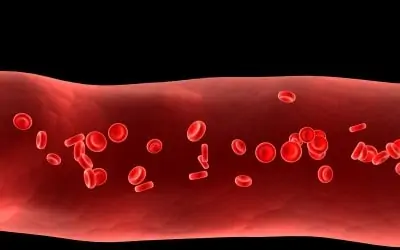
Vascular disease is a set of problems that affects the circulatory system, or system of blood vessels through which the heart pumps blood. Blood vessels are elastic type tubes that carry blood to every part of the body. Veins carry blood back to the heart and Arteries carry blood away from the heart. There are many types of vascular diseases to include:
- Aneurysm
- Varicose Veins
- Blood Clots (deep vein thrombosis, pulmonary embolism)
- Peripheral Artery Disease
- Lymphedema
- Renal Artery Disease
- Raynaud’s Disease
- Buerger’s Disease
Vascular medicine physicians specialize in diagnosing and treating patients with vascular diseases. Some conditions like heart attacks can be considered both vascular diseases and heart diseases. Cigarette smoking is the top risk factor for patients who suffer from vascular diseases. Other risk factors for developing vascular disease include: hypertension, diabetes, obesity, pregnancy, family history and illness or injury. Vascular disease is common in people, especially as they age. Untreated vascular disease can lead to serious health problems including tissue death and gangrene which requires surgery or amputation.
Most vascular diseases are caused by conditions that weaken or clog blood vessels. Arteriosclerosis, or hardening of the arteries causes most types of vascular diseases. Often, there may not be symptoms of vascular disease until a clot or blockage becomes very large.
Treatments for vascular disease range from administration of medications to interventional clot busting to surgery.
